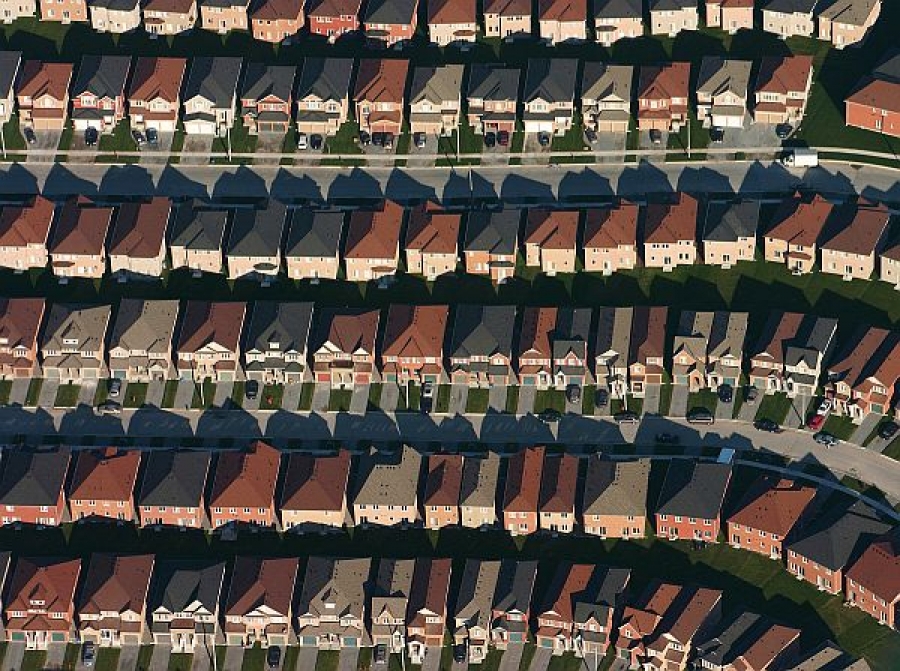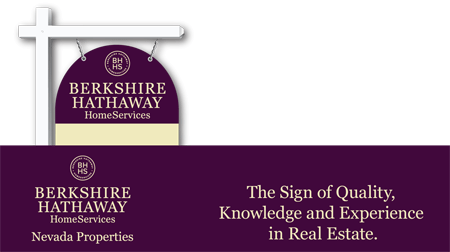A family I know moved from California to Texas recently to take advantage of a new job opportunity. As they set out to buy a new home in their adopted North Texas city, the questions they had for their real estate agent were pretty typical:
- Where can we afford to buy what we're looking for?
- Should we consider new or is it a better value to buy in an older neighborhood?
- Where are the best schools?
- What will the commute be like?
- Where will we be accepted as an interracial family?
That last one raise an eyebrow? As a white person or family, you may be able to presume that you'll be accepted into a new neighborhood without question, at least on face value (literally). But for a mixed family moving to Texas from liberal California, things are not necessarily so black and white.
Especially now.
My neighbor is on the news
Mixed families aren't the only ones who are challenged to find a neighborhood that welcomes them. Between race and sexual orientation, trying to fit in, or at least feel somewhat at home, can be difficult.
Most of us watched what transpired in Charlottesville, VA last weekend and have seen the aftermath this week as numerous torch-carrying Nazis and Nazi sympathizers have been systematically outed. Those identified have been fired from their jobs and even ex-communicated from their families. But, what if one of those marchers turned out to be your neighbor? They have to live somewhere, right?
While the obvious choice after this discovery may be: "We need to move!," the more pressing question is this: How can you avoid living next door to a torch-bearer in the first place?
Recognize one of your potential neighbors as someone who was marching down the street with a dollar store Tiki torch would be great, right? Let's just cross that home right off the list. The truth is, you may not be able to cherry-pick every one of your neighbors or even know what they're really about. But there are steps you can take to make sure the neighborhood suits your needs and your neighbors (mostly) share your values. Especially in this increasingly contentious time when political and social differences are more pronounced, more polarizing, and more obvious than they've been in decades, it's more important than ever to know who you're living next door to.
Drive around and walk around
The more time you spend in your potential neighborhood, the better the feel you'll get for how it lives. Noticing a lot of pro-Trump bumper stickers when you're looking for a more progressive neighborhood - or vice versa? This might not be the place for you. Ditto if you're a Muslim family who's getting a lot of side eye and people crossing to the other side of the street as you approach. While that might not necessarily indicate a lack of acceptance, the way it makes you feel may just be enough to ditch that area and lean toward one where you were greeted with waves and a warm "Hello" instead.
Ask your REALTOR®
Your real estate agent or relocation specialist is a great resource for finding you a house that meets your specifications in terms of size, style, and price. A great one will be able to take it a step further to find communities and neighborhoods where there is a concentrated Indian or African-American population, or pinpoint areas that tend to be more liberal or conservative, depending on your needs.
Do an online search
While it won't tell you what everyone on the street you're considering is like, a general diversity search will yield some good info, like this list of the most diverse cities in the country on WalletHub.
Ask around
Have anyone you can talk to about certain neighborhoods? If you're brand new to the area, you might not have trusted friends or colleagues yet. Any new affiliation with a school or church or new job can yield confidantes, or, at least, recommendations. If you're a member of the LGBTQ community, the National Association of Gay & Lesbian Real Estate Professionals (NAGLREP) can help.
Check Nextdoor
Nextdoor is great for finding a lost dog, locating a babysitter, or selling your old furniture. But it's also a great place to get a feel for a neighborhood or learn new things about the one you already live in. And that, says the San Jose Mercury-News, can be a double-edged sword. "The mission of Nextdoor, a 4-year-old, San Francisco-based startup - which now operates in 70,000 neighborhoods around the country and has recently been valued at $1.1 billion - is to use the power of technology to build stronger and safer communities," they said. "This all sounds very well and good - until you bring real, flawed human beings into the mix. And, then Nextdoor becomes like any social network, with all the good and bad that comes from giving people a venue to let their free expression fly from the remote isolation of their laptops and smartphones."
This particular article from Marth Ross recounts examples of racial profiling and public shaming that "is another Nextdoor trend that I've heard friends complain about," she said. Keep in mind that you can only become part of the Nextdoor community in your particular area if have a physical address you can register, so a friend who lives there or a well-connected Realtor can be a great help here.
Check police records
The sweet old man down the street may not seem so sweet when you uncover his criminal, racially motivated past. My Local Crime allows you to enter any address and see a list of crimes reported in the area. Family Watchdog can pinpoint sex offenders in the area surrounding the homes you are considering.







